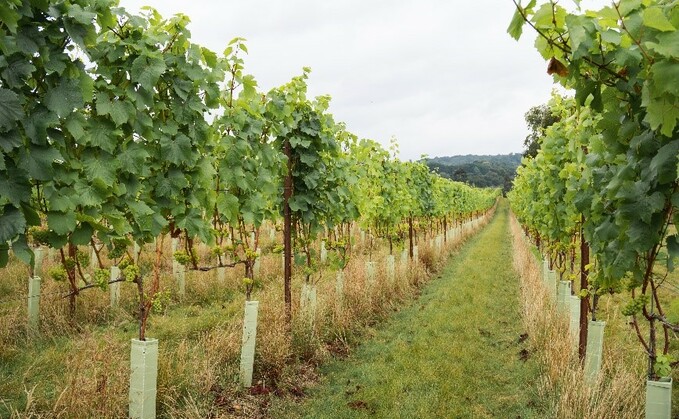
"The vines arrived and the rest is history." Those are the words of Hannah Buisman – one of many famers across the UK to make the step into the wine industry by diversifying their farming business to...

"The vines arrived and the rest is history." Those are the words of Hannah Buisman – one of many famers across the UK to make the step into the wine industry by diversifying their farming business to...
2021 John Deere 6155R Ultimate Edition Command
Autumn Budget changes constrain sales markets as landowners wait to weigh-up options
In the second of a three-part series looking at winter wheat, the Crop Doctors visit Herefordshire
Study could increase yields while reducing reliance on synthetic fertilisers